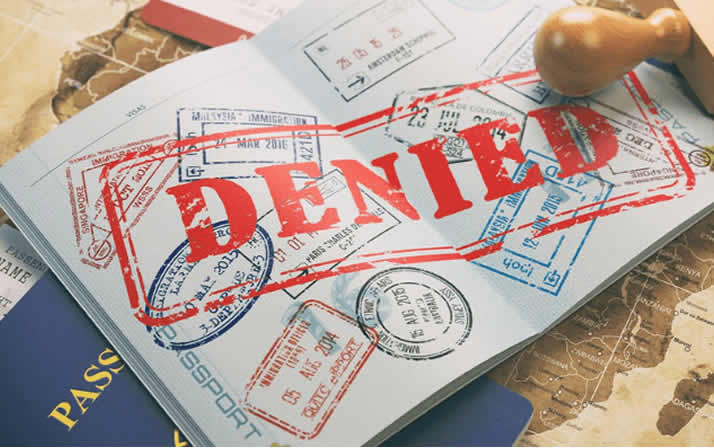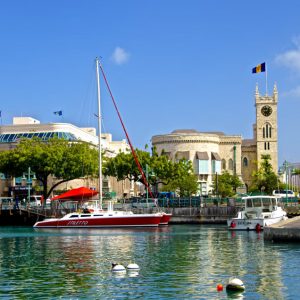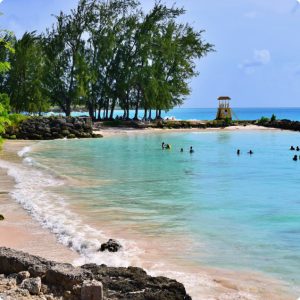Avoid common mistakes in visa applications and improve your approval chances with expert tips
Applying for a visa can be one of the most stressful steps in international travel — and for many Nigerians, visa denial is an all-too-common outcome.
But why do embassies reject visa applications? And more importantly, how can you avoid becoming another statistic?
In this guide, we’ll explore:
- ✅ The most common reasons for visa denials
- ✅ What to do if your visa is rejected
- ✅ Expert tips to improve your approval chances
❌ Common Reasons Why Visas Get Denied
1. Incomplete or Incorrect Documentation
Missing documents, errors in your forms, or mismatched information (e.g., dates, names, financial details) can lead to an instant rejection.
Tip: Double-check your entire application before submission. Better yet, let a professional like Denca Travel assist you.
2. Weak Financial Evidence
Embassies want proof that you can afford your trip. If your bank statement shows low funds or inconsistent activity, it raises red flags.
Tip: Maintain a healthy and consistent bank balance for at least 3 months before applying. Avoid last-minute deposits.
3. Unclear Travel Purpose
If your travel itinerary is vague or your travel purpose doesn’t match your documents (e.g., a tourist claiming business visit), the embassy may deny your visa.
Tip: Be clear, truthful, and consistent across all documents — invitation letters, bookings, employment letters, etc.
4. No Strong Ties to Nigeria
If the embassy thinks you might not return home after your trip, your visa will likely be denied. They want to see reasons to come back — job, business, school, or family.
Tip: Provide strong ties like an employer letter, property ownership, business registration, or school enrollment.








